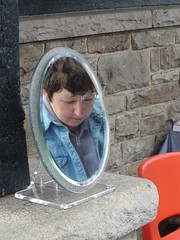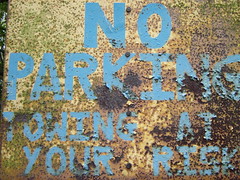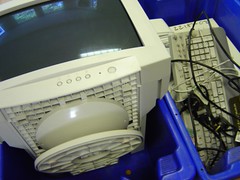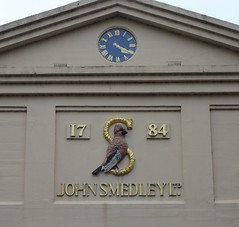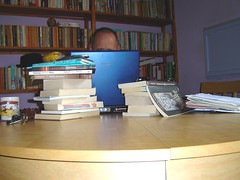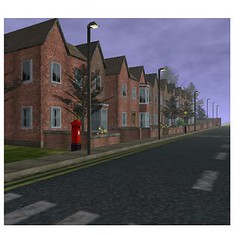
Jim Gee’s sustained examination of videogames does two things. Firstly it helps to show their learning potential in the face of ongoing moral panic; and secondly it generates principles of situated and distributed learning. In the second sense the videogame acts like an extended metaphor. But the videogame (or maybe the MMPOG) could also work as a metaphor for the education system as a whole. In which case, so-called education reform begins to look a bit like overclocking. And as every good gamer knows, overclocking can lead to component burn-out, system crashes and serious overheating, and that’s why there’s a market for heavy duty cooling fans. What’s more, the game that runs restricts interaction, limits user-generated content and rewards a narrow range of behaviours. Avatar roles have reduced functionality and their behaviour is under tight surveillance. Call in the game designers, we want something more rewarding to play in!
